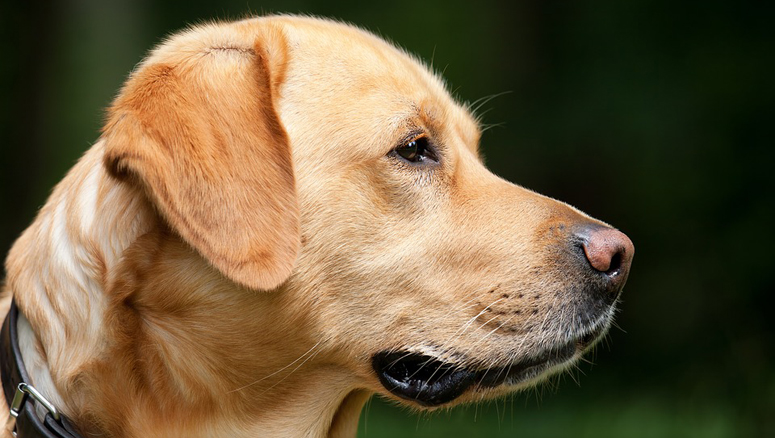(WHDH) — There has been an alarming increase in parvovirus cases and hospitalizations during the COVID-19 pandemic, an emergency pet hospital has found.
Analysis of data from BluePearl Pet Hospital‘s more than 90 locations showed a 70 percent increase in the number of parvovirus cases relative to ER cases in 2020 as compared to the same time periods in the past five years, according to a hospital news release.
Parvovirus, also known as the “puppy killer,” is a highly contagious, potentially deadly disease that attacks the gastrointestinal tracts of infected canines.
While puppies are most at risk for contracting the virus, any unvaccinated or partially vaccinated dog can contract the disease through dog-to-dog contact and contact with contaminated stool, environments, or people.
If left untreated, most parvovirus deaths occur within 48 to 72 hours. Survival rates can approach 90 percent with proper treatment.
James Barr, chief medical officer at BluePearl Pet Hospital, believes the ongoing pandemic has forced prevented or delayed many dog owners from seeking routine vaccinations.
“We are in the very early stages of analyzing this data; looking for possible causes of the increase and determining what the implications are for this and other preventable companion animal diseases,” Barr said. “Parvo outbreaks pose a serious threat to our canine friends but skipping routine vaccinations could also put human health at risk through the possibility of rabies exposure. As invaluable sources of emotional support as well as sentinels and potential vectors of infectious disease, it is vital pets receive all preventative care vaccines, and owners adhere to the timing requirements of those vaccines.”
Amid the outbreak, many people turned to animals for companionship, resulting in significant fostering and adoption of shelter animals. Hospital officials said some of the shelter animals may have been released without the completion of their vaccination series.
While dogs and puppies may begin showing signs of parvovirus between three to ten days after exposure, they are often contagious before visible symptoms.
If you suspect your pet has parvovirus, immediately isolate your pet and contact your primary care veterinarian.
(Copyright (c) 2024 Sunbeam Television. All Rights Reserved. This material may not be published, broadcast, rewritten, or redistributed.)

